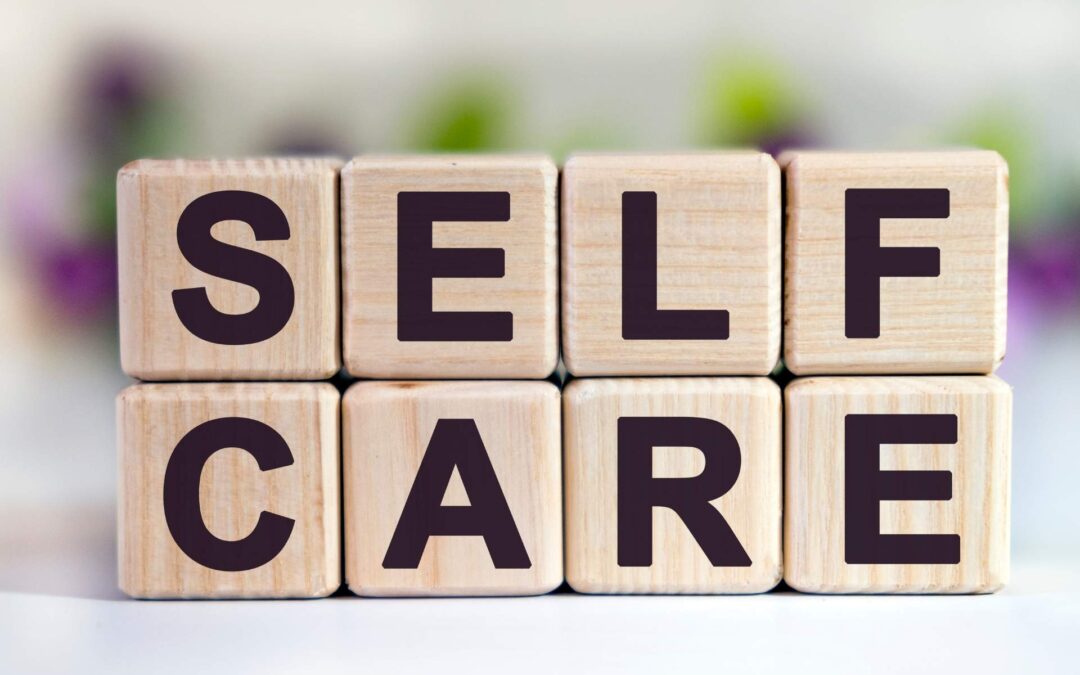When it comes to self-care, most of us can agree that we are either really good at it, or really bad at it, usually with no in-between. In general, self-care is an individualized and unique daily practice that allows us to foster self-love, rest, productivity, or fulfillment and peace. However, most people are unaware that there are different categories of self-care, and that we should aim to find activities that foster these different areas.
The 7 Types of Self-Care
When talking about self-care, there are seven main categories of self-care that foster different areas of well-being. Generally, the seven areas are:
- Emotional Self-Care: This involves fostering and processing emotions, either negative or positive. Some common activities can include journaling, attending therapy regularly, meditating, or simply sitting with difficult emotions.
- Mental Self-Care: Mental self-care often involves some form of mental stimulation or learning. Learning new things can increase self-esteem, confidence, and can help you find new interests and hobbies. This type of self-care can include listening to a podcast, reading a book, or going to an educational/hobby class and learning a new skill.
- Physical Self-Care: Physical self-care involves fostering relationship with your body and often includes activity. These activities can include a workout class, yoga, eating fulfilling foods, and getting adequate sleep, as well as hygiene activities.
- Social Self-Care: Social self-care allows you to foster or strengthen relationships with others close to you, and can include spending time with loved ones, talking to others on the phone, or going to a group activity.
- Spiritual Self-Care: Spiritual self-care is an important routine for those who consider themselves spiritual or religious. These activities can include prayer, meditation, meeting with a spiritual advisor, reading a religious text or devotional, or attending a religious worship meeting.
- Professional Self-Care: Professional self-care isn’t only for those in school or full-time jobs. These activities involve building self-success and can include time management skills, setting boundaries, or even leaving work at work and not bringing it home.
- Financial Self-Care: Financial self-care focuses on building financial literacy, confidence, or freedom. These activities can include listing financial goals, developing a budget, or watching a financial skills video online.
Productive Versus Restorative Self-Care
If you feel exhausted or burnt out by self-care, it may be time to re-evaluate your self-care plan and the activities it includes. Often, people don’t realize that there are two main forms of self-care: productive and restful. These self-care types are best known as:
Productive Self-Care: Often, productive self-care is something we do that helps us feel accomplished, or even gets a task done that we’ve been putting off. Productive self-care is vital to building confidence and developing routine; however, too much productive self-care can leave us burnt out. Since productive self-care usually does not involve a restful activity, too much of it can leave you feeling tired, or even resentful of self-care. Common productive self-care activities can include attending an educational class, going to a workshop, cleaning the house, attending excessive social events without alone time to recharge, or doing something physically taxing like a workout class.
Restorative Self-Care: This type of self-care is exactly how it sounds— an activity that fosters restoration, relaxation, or calm. Often, people fall into the trap that this type of self-care is “lazy,” however, if we do not rest, we are not allowing ourselves the restoration to develop adequate energy for productive self-care. Often, these activities should be done in the mix with productive self-care. Restorative activities can include taking a nap, spending quiet time alone, walking out in nature, meditating, praying, or watching a comfort television show or movie.
It is normal, and even ideal, to have a mix of productive and restorative self-care. If you’re feeling burnt out from self-care, consider adding more restorative self-care activities. If you’re feeling bored, lazy, or “unsuccessful” with self-care, consider adding more productive activities. Finally, if you’re looking to level up your entire self-care routine, consider finding at least one productive AND restorative self-care activity for all seven self-care areas.

